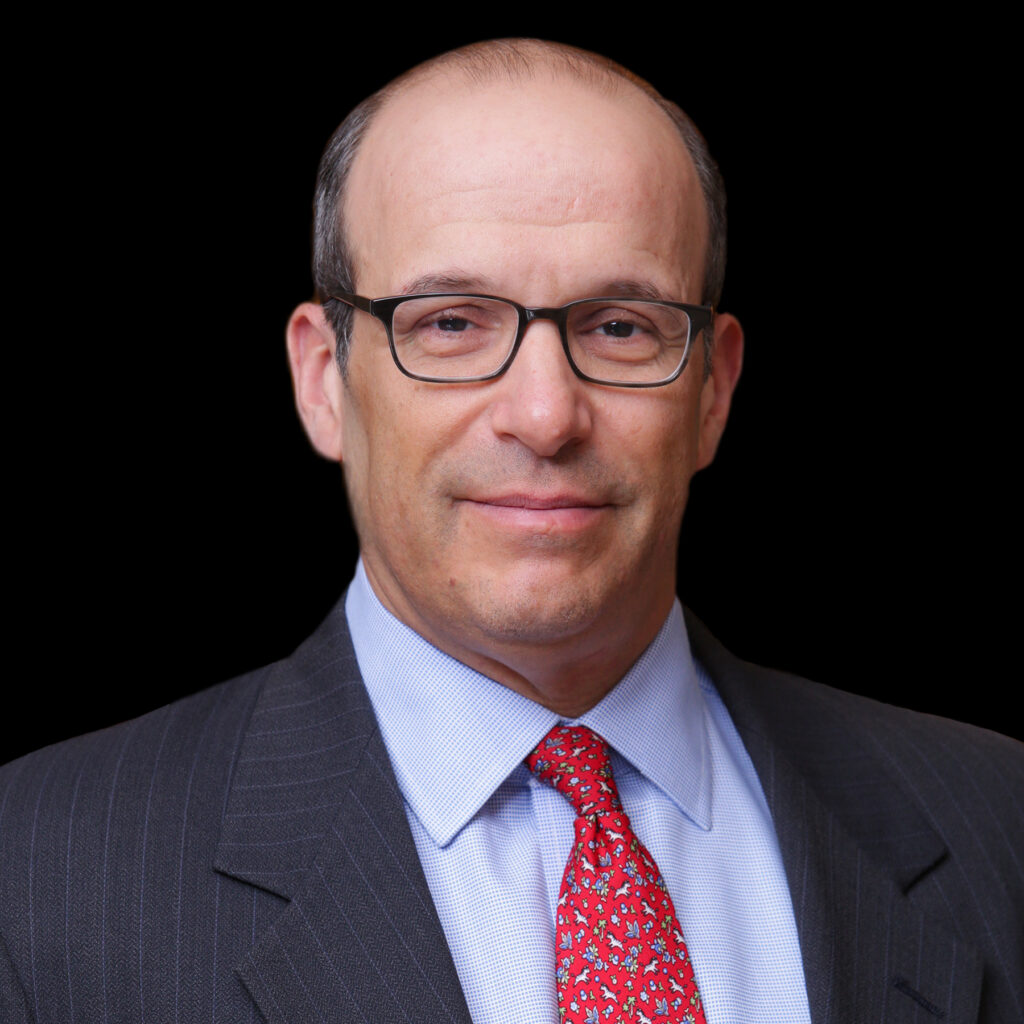By Marshall S. Huebner and Kate Somers (Davis Polk & Wardwell, LLP)


Since the U.S. Supreme Court issued its ruling barring nonconsensual releases in Harrington v. Purdue Pharma L.P., 144 S. Ct. 2071 (2024), there has been an even greater focus on other types of releases with respect to third parties, including both opt-out and opt-in releases. Provided that factors are satisfied, opt-out releases (which are a mechanic on a ballot or notice of nonvoting status that allows claimants to check a box to opt out of nondebtor releases in a reorganization plan) will likely be the best available pathway for effectuating the will of – and providing the best available recovery to – creditors and victims. In Opting into opting out: Due process and opt-out releases, Davis Polk partner and Restructuring practice co-head Marshall Huebner and associate Kate Somers explore these factors and discuss the analogy between non-debtor releases in bankruptcy and Rule 23(b)(3) class actions, concluding that due process is far better served where – in appropriate cases – statutory fiduciaries overseen by courts can opt in to opt-outs, and opt out of using opt-ins.
This article was originally published in the August 2024 issue of the ABI Journal, produced by the American Bankruptcy Institute (www.abi.org). It is reprinted with the permission of the publisher.
Click here to read the full article.
